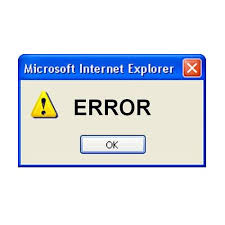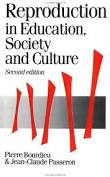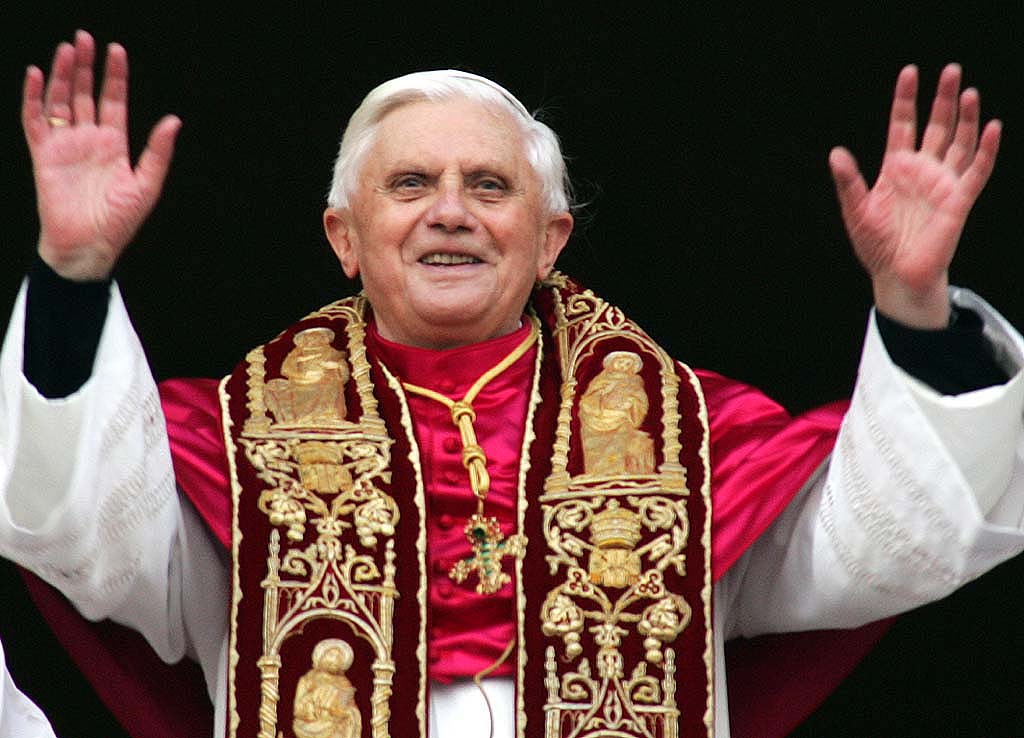Throughout the entire history of human social interaction, more categorical harm has occurred at the hands of justification rather than simple error. Justifications are attempts to cover up and smooth mistakes to protect the moral guilt and social image that goes with responsibility. When innocent mistakes cause misery or pain, the harm is multiplied by our justification and inability to recognize our blunder.

Error, failure, and mistake are shameful and embarrassing. A public slip-up directly challenges the self-concept that we hold of ourselves. Many of us have pretty high self-esteem; we see ourselves as smart, kind and moral. When the inevitable cognitive dissonance comes from inconsistent actions of our self-concept, we justify. All of us justify, but most of us are not in a high, public position of authority that can affect many others. Justification is not always a bad thing. Without some justification, none of us would be able to sleep at night; we would be so tormented by every trivial moral violation we made that self-esteem would be nonexistent.

We have self-esteem but we also have Catholic priests molesting children, slavery, extreme social inequality, and terrorism, also powered by justification. Rather than saying, “Wow, I screwed up, I must not be as smart or as moral as I thought,” we justify, shrink the error, and minimize the harm: “It wasn’t my fault, the victim deserved it, and it is not a big deal.” The perpetrator takes a quick positive look in the mirror and goes to sleep peacefully, while the majority of the victims get quietly screwed while only a small minority makes it into the public conscience.

I am not talking about the small percentage of human beings who are sociopaths or sadist. They knowingly cause harm to others and require no way to rationalize it. Their self-concept is consistent with their actions; these sadists and sociopaths have no interests in morality. Justification cannot be used to explain and interpret these people, but they are a minority and can clearly be called “evil”. Statistically these people are not the ones we need to be worrying about. Their degree of harm is minimal.
In the “Occupy Wall Street” and the rest of the branching “Occupy” movements, people are protesting social inequality. Justification runs deep inside social inequality, rationalizing every layer inside the thick bureaucracy. Those Wall Street bankers do not see themselves as greedy thieves, and the protestors are not causing them a moral crisis; they sleep just fine on their presumably very expensive mattresses.
We have this great idea of the American Dream: Anyone, anywhere in the United States, can become successful and wealthy if they just work at it. We hold so tightly to this ideal that when it actually does happen, we glorify it to prove the American Dream’s validity. In the movie
The Pursuit of Happyness, Will Smith works very hard and makes it. See, he can do it. You can too. Now quit complaining and get back to work.

The illusion of America’s open stratification system is a justification. Many of the 1% who are being targeted currently in the protests are being immoral. Their disproportional wealth causes harm, but the harm of their original greed is made worse with rationalization. These 1% truly believe that they do no wrong, they believe that their social class was attained and not inherited. They remember working hard for their wealth, and so they think that anyone making equal work will get equal pay. The 1% do not understand social reproduction, cultural and social capital, and the firm class boundaries in the United States. Stopping an error where the perpetrators see no harm is almost impossible.

Religious institutions are another example of rampant justification. Religion is a major investment for most people. It usually requires lots of time and money. Any information that contradicts religion will cause extreme dissonance. “If religion is wrong, and harmful, than I am a fool for investing so much into it, but I am not a fool, I am smart and capable,” goes the process of religious rationalization. A Christian fundamentalist's new-found acceptance of evolution, homosexuality, or abortion will require him or her to admit having been wrong before. It is a lot easier to fudge our perception of reality than to alter our perception of ourselves.

As a whole, religious justification remains the same as the individual, because the processes of maintaining self-esteem in individuals are amplified in the larger social group of religion. The Catholic Pope (To be fair, the pope did try to allow some exceptions for a condom prohibition, but it was recently redacted. Justification remains strongest in black and whites) cannot say he was wrong about prohibiting condom use in AIDS-ravaged Africa and the Mormon Church cannot apologize for Proposition 8 outlawing same-sex marriage in California, because in their eyes no error has been made. Any evidence that says otherwise is apostate and blasphemous. If religious leaders and their followers would admit error, responsibility would come crashing down, and any sacrifices made for it would have been for waste. As of right now, religion cannot and will not let that happen.

The process of defending ourselves from humiliating errors is vile and putrid. It covers up mistakes making it almost impossible to correct them. Even after Human Beings, and the 99%, organize and make a loud voice, we are still burdened with the nearly infinite obstacle of facing an invisible enemy. We are beginning to make our army and our navy. But our opponent will not step forward. Our marvelous group of Human Beings must begin to accept personal responsibility. We need to learn to say, “I screwed up. It was inconsistent with the concept I have of myself, but I will take the uncomfortable accountability in order to minimize harm and prevent its future occurrence.” We need to realize that our morality can stay moral and the mistake can remain a mistake without cognitive dissonance. Error sucks, and the consequences can be unfortunate, but error cannot always be avoided in practice; justification can be.
 You can also read my article and lots of fabulous others at http://www.moralrelativism.com/. Buy Issue number three and support great philosphy
You can also read my article and lots of fabulous others at http://www.moralrelativism.com/. Buy Issue number three and support great philosphy  I am not talking about the small percentage of human beings who are sociopaths or sadist. They knowingly cause harm to others and require no way to rationalize it. Their self-concept is consistent with their actions; these sadists and sociopaths have no interests in morality. Justification cannot be used to explain and interpret these people, but they are a minority and can clearly be called “evil”. Statistically these people are not the ones we need to be worrying about. Their degree of harm is minimal.
I am not talking about the small percentage of human beings who are sociopaths or sadist. They knowingly cause harm to others and require no way to rationalize it. Their self-concept is consistent with their actions; these sadists and sociopaths have no interests in morality. Justification cannot be used to explain and interpret these people, but they are a minority and can clearly be called “evil”. Statistically these people are not the ones we need to be worrying about. Their degree of harm is minimal. 

